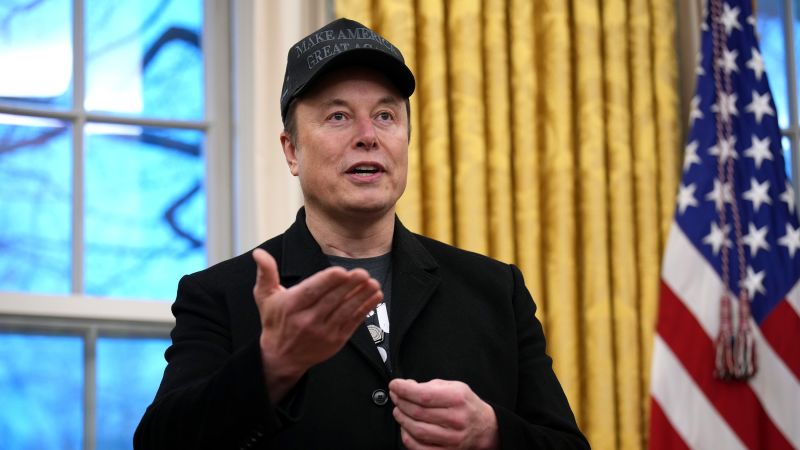Elon Musk's Ultimatum: Federal Workers Must Prove Their Worth or Face the Axe

In a dramatic move that has sent ripples through the federal workforce, Elon Musk has issued an ultimatum to government employees, demanding they provide detailed accounts of their recent work activities. The tech mogul and Twitter owner has made it crystal clear: failure to respond to the weekend email inquiry will be interpreted as an automatic resignation.
This latest directive comes as part of Musk's ongoing efforts to reshape organizational dynamics and productivity, following his controversial takeover of Twitter last year. Federal workers now find themselves under intense scrutiny, with a stark choice: demonstrate their value through a comprehensive work report or risk losing their positions.
The email, sent out on Saturday, requires employees to provide a comprehensive breakdown of their contributions and accomplishments from the previous week. Musk's hardline approach leaves no room for ambiguity, presenting workers with a high-stakes challenge to prove their professional worth or face immediate termination.
As government employees scramble to compile their work documentation, the tech industry watches with keen interest, wondering about the potential broader implications of such a bold management strategy.

